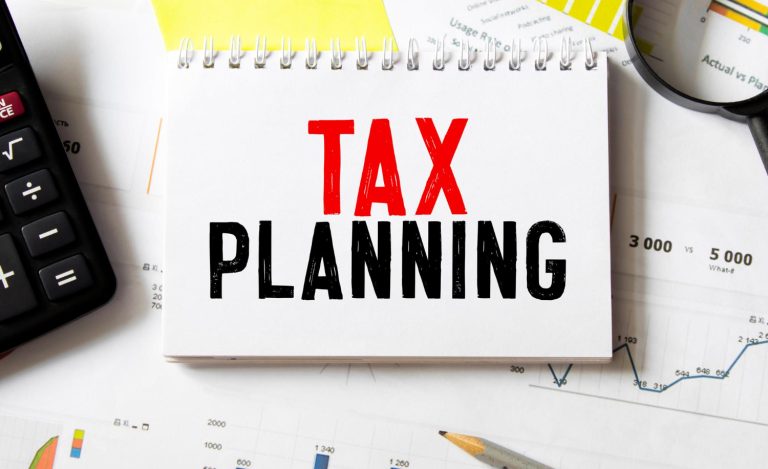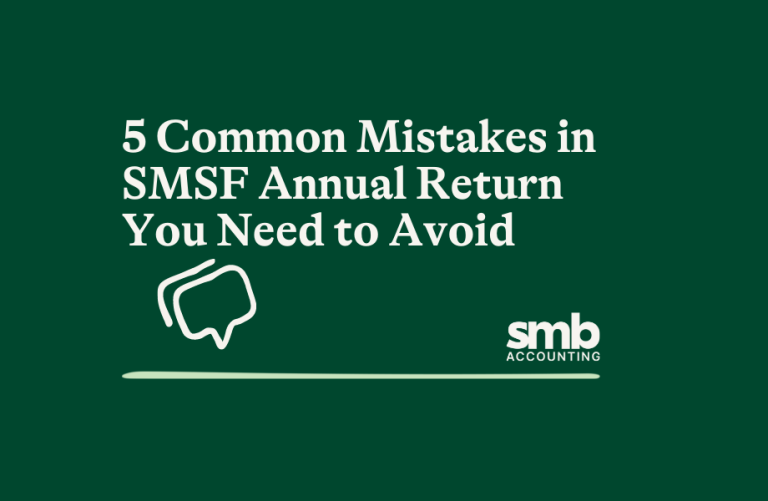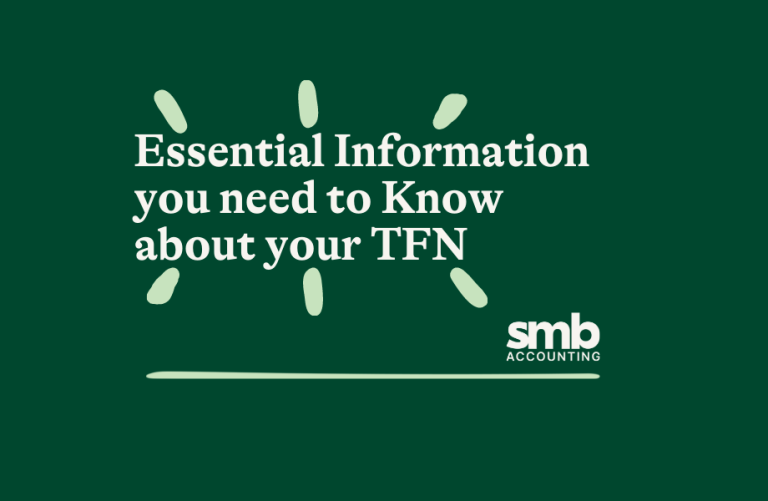As a small business owner in Australia, understanding the tax deductions available to you can have a significant impact on your bottom line. By claiming certain expenses against your taxable income, you can reduce the amount of tax you need to pay, which helps you keep more of your hard-earned money.
Today, we will discuss the various types of tax deductions that small businesses in Australia can take advantage of. Remember, it’s always a good idea to seek professional advice from a tax specialist, accountant, or financial planner to ensure you’re making the most of your deductions and staying compliant with the Australian Taxation Office (ATO):
1. Operating Expenses
Operating expenses are the costs associated with running your business day-to-day. These expenses are usually tax-deductible, which means you can claim them against your taxable income. Some common examples of operating expenses for small businesses include:
- Rent for your office or retail space
- Utilities, such as electricity, water, and internet
- Office supplies, like pens, paper, and printer ink
- Accounting and legal fees
- Advertising and marketing costs
Keep in mind that these expenses must be directly related to your business operations to be deductible. Personal expenses that aren’t related to your business are not deductible.
2. Depreciation of Assets
As a small business owner, you likely have assets that you use to generate income, such as equipment, vehicles, or computers. Over time, these assets lose value due to wear and tear, and this loss of value is known as depreciation. You can claim this depreciation as a tax deduction.
In Australia, small businesses can use the simplified depreciation rules under the Instant Asset Write-Off scheme. This allows you to immediately deduct the cost of eligible assets up to a specific threshold in the year they are purchased and installed for use. Be sure to check the ATO website for the current threshold amount and eligibility requirements.
3. Employee Expenses
If you have employees, you can generally claim tax deductions for the expenses related to their employment. Some of these expenses include:
- Wages and salaries
- Superannuation contributions
- Fringe benefits, such as company cars or health insurance
- Workers’ compensation insurance premiums
- Training and development costs
Remember to keep accurate records of these expenses, as the ATO may require you to prove your claims if they conduct an audit.
4. Business Travel Expenses
When you or your employees travel for business purposes, you may be able to claim deductions for related expenses. This can include:
- Airfare, train, or bus tickets
- Accommodation costs
- Meals and incidental expenses
- Car hire or mileage costs for using your personal vehicle
Keep in mind that only a portion of the expenses related to business activities is deductible. If the trip includes personal activities, you’ll need to apportion the expenses accordingly.
5. Home Office Expenses
If you run your business from home or have a dedicated home office, you may be eligible to claim deductions for home office expenses. These can include:
- A portion of your rent or mortgage interest
- A portion of your utility bills
- Depreciation of office furniture and equipment
- Office supplies and stationery
To claim these deductions, you’ll need to calculate the percentage of your home that is used for business purposes and apply that percentage to your expenses.
6. Research and Development (R&D) Tax Incentive
The Australian government offers a tax incentive for businesses that invest in eligible R&D activities. This incentive provides a tax offset for a portion of your R&D expenditure, which can help reduce your overall tax payable. To be eligible for the R&D tax incentive, you must:
- Be a company incorporated in Australia
- Have R&D activities that are eligible under the program guidelines
- Have R&D expenditure that meets the minimum threshold
Consult a tax specialist or the ATO for more information on the R&D tax incentive and how to apply.
Conclusion
Understanding and taking advantage of the various tax deductions available to small businesses in Australia can be crucial for improving your bottom line. So, be sure to consult with a tax professional or accountant to ensure you’re claiming all the deductions you’re entitled to and complying with the ATO’s requirements. By doing so, you can effectively manage your tax obligations and keep more of your hard-earned money in your pocket!
SMB Accounting offers a variety of accounting services to help individuals and businesses stay on top of all their accounting needs. If you are looking to maximise your tax deductions, work with us today!




